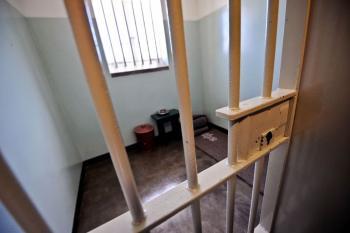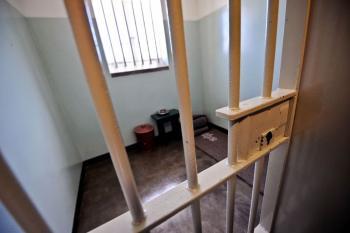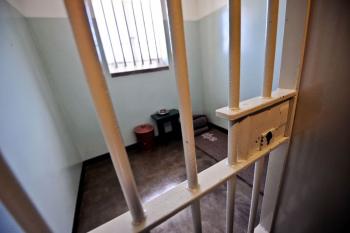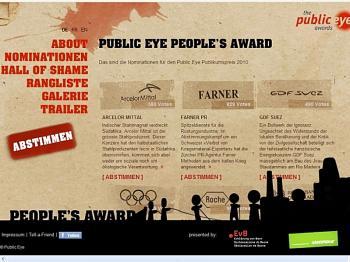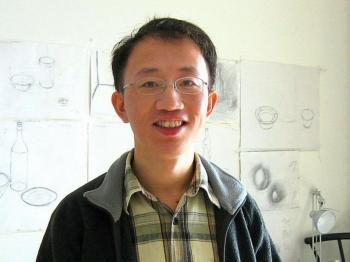BERLIN—Twenty years ago this month, racial segregation was cast aside in South Africa. Seven years after that, on Feb. 3, 1997, the country officially adopted its first free and democratic constitution.
Mirroring East Europe’s liberation from communism, South Africa’s venture into democracy is fairly recent.
When President de Klerk opened parliament on Feb. 2, 1990, heralding the end of apartheid, he announced, “I wish to make it clear that the government has decided to unconditionally free Nelson Mandela.”
Nelson Mandela, whose full name is Nelson Rolihlahla Dalibhunga Mandela, had spent 27 years fighting racial prejudice and pressing for self-rule for blacks in South Africa.
With de Klerk’s pronouncement, a wave of relief passed over Western nations. De Klerk was standing for what was right as he ended apartheid, a system he once strongly supported.
But black South Africans, comprising 79 percent of the population, were not completely supportive, since laws based on racial discrimination were still on the books.
Mirroring East Europe’s liberation from communism, South Africa’s venture into democracy is fairly recent.
When President de Klerk opened parliament on Feb. 2, 1990, heralding the end of apartheid, he announced, “I wish to make it clear that the government has decided to unconditionally free Nelson Mandela.”
Nelson Mandela, whose full name is Nelson Rolihlahla Dalibhunga Mandela, had spent 27 years fighting racial prejudice and pressing for self-rule for blacks in South Africa.
With de Klerk’s pronouncement, a wave of relief passed over Western nations. De Klerk was standing for what was right as he ended apartheid, a system he once strongly supported.
But black South Africans, comprising 79 percent of the population, were not completely supportive, since laws based on racial discrimination were still on the books.
